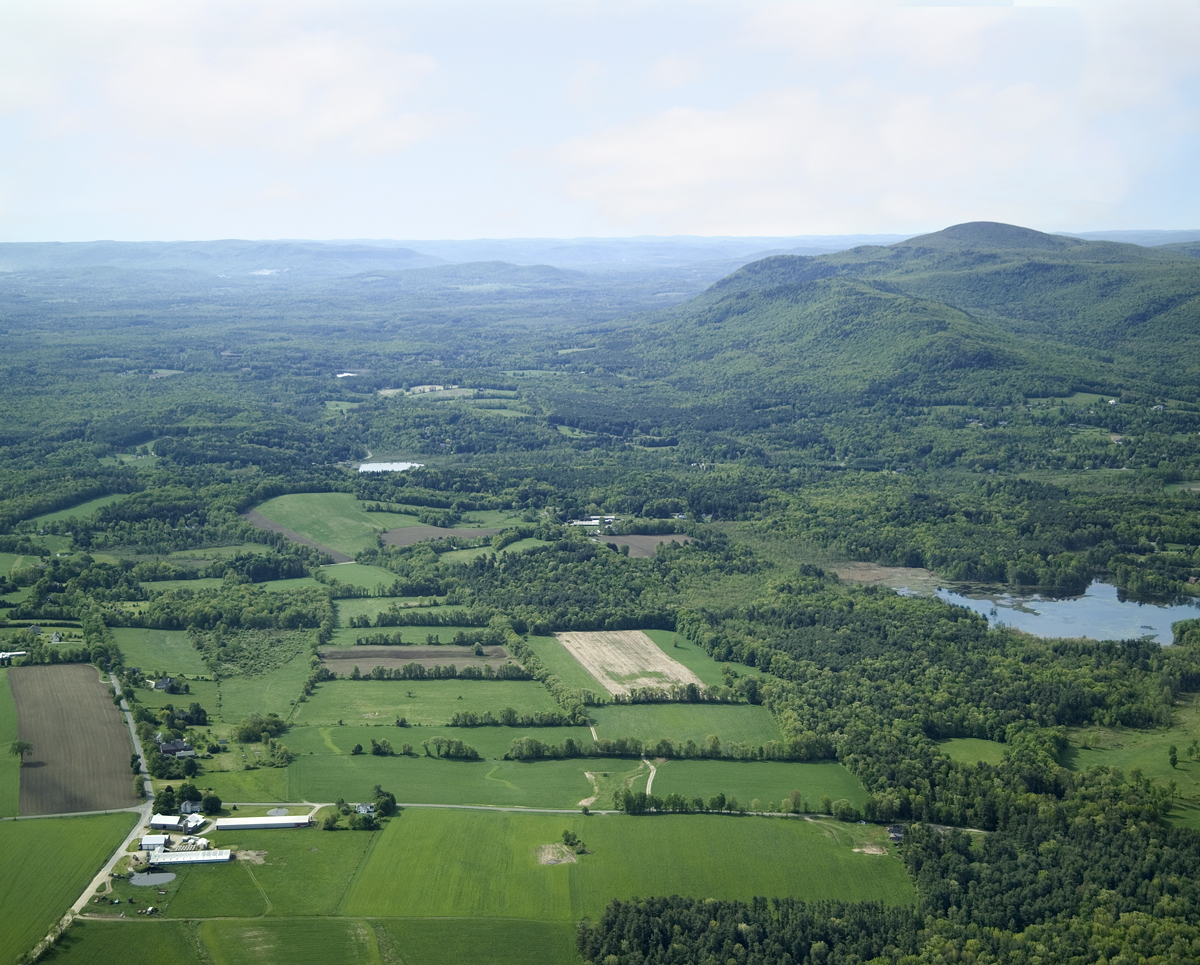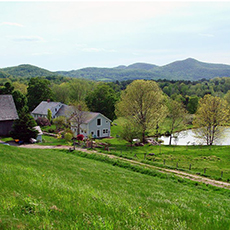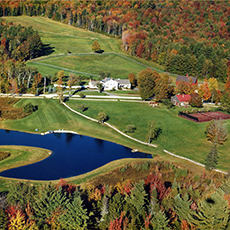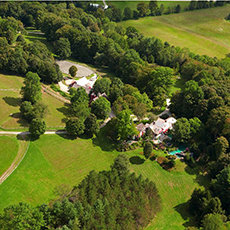 |
||
| Stay Tuned…for blogs featuring the conservation aspects of special LandVest listings. | ||
 |
 |
 |
Is conservation good for the value of properties or does it restrict marketability?
Can you answer this question for your property or for a property you are considering for purchase?
Over 19 million acres of land are conserved through conservation easements nationwide, many of them very valuable properties. With so many of the best properties conserved, it is critical that brokers who serve the high end are well-versed in conservation easements. LandVest has assisted in the conservation of over a million acres, primarily through the use of conservation easements. Many of our record sales are of properties subject to easements.
We understand both how easements help to increase property values – by preserving truly unique properties and creating protected landscapes for those properties in perpetuity – and can also seriously impair property value if poorly designed.
Q: What a beautiful view! Is it protected?
A: The first question we often get when a buyer arrives at a special property is “what can happen to mess up this beautiful place?” Conservation easements can eliminate that risk, increasing the value of the few remaining protected landscapes. We often say “abuts conservation sells”: protected views, the guarantee of quiet, and access to trail networks make all the difference in value.
Q: How do I know if a conservation easement will work for me or for future buyers?
A: Look hard at the reserved rights: for many properties, the easement is designed to prohibit future development, but to allow the owner to do pretty much what they’ve always done: have horses, build a pool, cut down trees, maintain fields, farm the land. But some easements are either unclear, or unduly restrictive. It is important to read the reserved rights section of the easement to make sure that it allows the uses that make the property useful to the broadest market – other than development, of course.
Q: Won’t someone always be telling me what to do?
A: Most conservation easements are held by private non-profits, whose reason for being is in helping landowners conserve their properties in a workable manner. Usually, their oversight is limited to a yearly review with a land steward, which can be a fun opportunity for the landowner to learn more about the natural attributes of their property. These encounters can be less enjoyable if a careful review of the reserved rights didn’t happen, and the landowner violates terms of the easement. But generally, land trusts depend on the good will of landowners to work within the easement language and try to avoid expensive and unnecessary conflict.
Please contact David Rosen, Principal, Chairman Board of Directors, or Ruth Kennedy Sudduth, Principal, Vice Chair Board of Directors, to find out more about the value of conserved properties. Stay tuned to our blog for features on some of our great conserved properties for sale.
